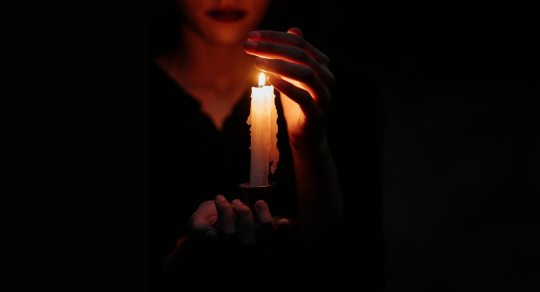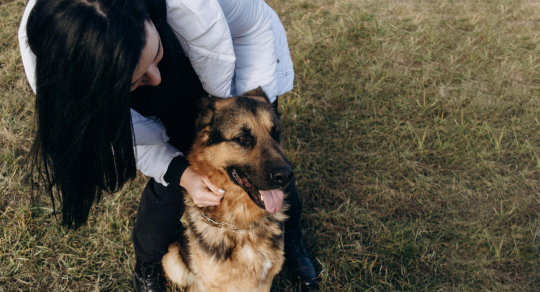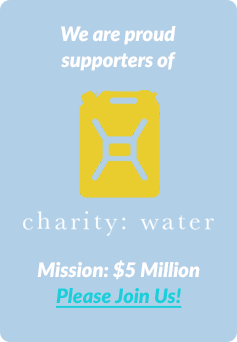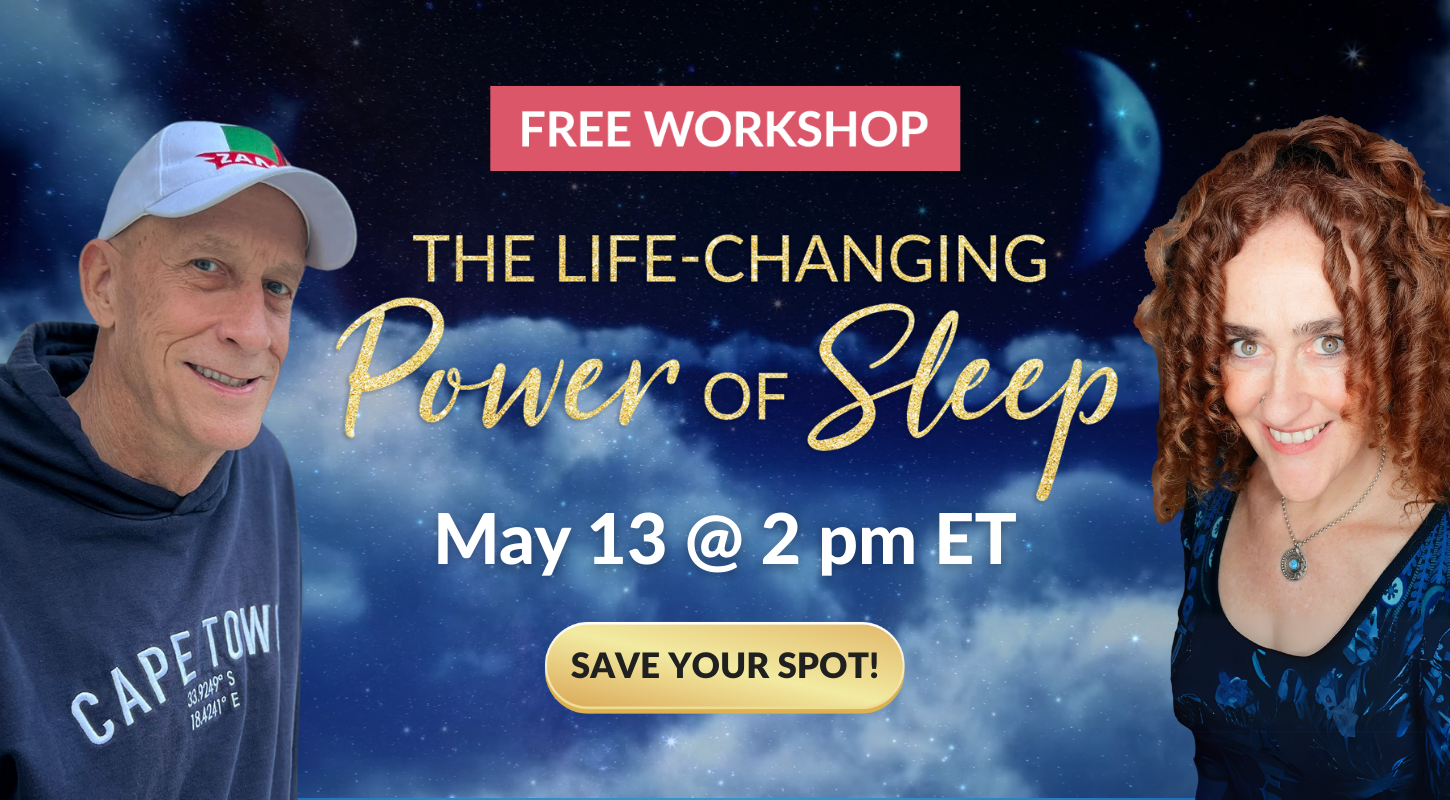When we experience frustration in any relationship, especially a romantic one, it can be tempting to play the blame game and focus on everything the other person said or did wrong.
When I recently went through a breakup, I fell victim to this classic mistake.
But I soon found that judging, criticizing, and blaming my ex-boyfriend felt just as debilitating as the breakup itself. Getting over my heartache wasn’t about convincing myself I was better off without him, but rather focusing on where I got it wrong and could improve. Even if a breakup is 90 percent the other partner’s fault, we still must own our 10 percent. This truth speaks to a vital shift we need to make in the way we “show up” for our relationships.
Instead of making a laundry list of traits we want in an ideal mate, what if we spent our time and energy figuring out who we want to be in a relationship?
Doesn’t that feel so much more empowering? After all, our thoughts, feelings, and actions are the only things we can control.
When we practice being the people we want to be, our ideal partners will “show up” in return. When they do, we will be more ready to share and receive a deeply nourishing, lasting love. Instead of focusing on what we can get, we will be generous with what we can give. We won’t settle or expect someone to “complete” us – we are already complete.
When this happens, our desperate need to try to control others will shift. Instead of obsessing over why someone didn’t love us exactly as we wanted, we will understand that we were brought together to learn from one another.
We need to learn not to attack or defend, but instead practice forgiveness and take responsibility for our wounds. Only then can we heal those wounds, release the painful feelings associated with them, and “show up” for ourselves and others as happy, healthy partners.
Here are four practices we can all use to ensure our focus in relationships is less on judging our partners and more on “showing up” for true love:
1. Give our partners unconditional acceptance – even if they’ve done us wrong.
This is one of the biggest challenges we face as human beings: to forgive and accept people — in this case, our mates — exactly as they are. If we don’t like a certain behavior, we can change our response to that behavior rather than trying to change our partner. Accepting people for who they are sets us free because we’ll no longer feel the need to control them. Instead we can focus on controlling our emotions, and on deciding where to take a relationship next.
Getting angry at someone is disempowering and takes away our dignity. It’s self-sabotaging to condemn another — because when we attack another, we also attack ourselves. Judging and blaming may make us feel good for a few minutes, but consider the universal law of cause and effect: What we give, we must get back. That’s why it feels so good to give a gift or compliment and make someone smile.
It’s easy to accept people who haven’t hurt us, but the challenge is to accept people who have. The goal is to get to a place where we love people no matter what. Moreover, accepting people for who they are and not what they’ve done creates the space for us to attract the right person into our lives.
2. Practice more forgiveness, which is the answer to everything.
Whenever someone hurts our feelings, we are faced with a test. If we resist the urge to cause any emotional harm back, we pass the test. When we are willing to take 100 percent responsibility for our lives, even though it’s challenging, we grow up faster and become emotionally stronger.
Instead of lashing out against people who have hurt us, we can take a deep breath and see it as an opportunity to heal an old wound. With practice, we’ll grow away from reactivity and toward a greater sense of peace and freedom.
The point here isn’t to accept mistreatment — rather, the point is to not allow mistreatment to get the better of our emotions. We can respond to a negative situation appropriately by leaving when needed, but the ability to accept and forgive is what will ultimately set us free from those hurtful emotions that can follow us.
3. Create space for transformation.
Instead of asking, “Is this person really good enough for me?” Ask yourself, “Am I really showing up for this person and creating a safe space for their transformation and enlightenment?”
There’s a big difference!
In creating the space for another’s transformation, we allow them to move past who they were yesterday — we give them the freedom to get it right today. As long as our partners are willing to work on themselves, the relationship can move forward. If this isn’t true then it may be time to move on. We can’t force anyone to change; they must choose to evolve of their own free will.
While our partners work on themselves, we can pray for their happiness every day. We can remind them how wonderful they are. We can be generous with time, compliments, support, and undivided attention.
Let’s resist the temptation to see others as our completion or to demand that they behave a certain way. It’s easy to love someone when they are doing and saying everything we want them to. The challenge is loving someone when they aren’t.
4. Own our shortcomings and temper our expectations.
It’s important to ask ourselves, “If the ‘ideal partner’ showed up right now, would he or she want me?”
None of us are perfect. We all have childhood wounds and heartbreaks from previous relationships. But it’s our willingness and commitment to changing our thought patterns and behaviors that makes us available and ready for lasting love.
Knowing what we want in a relationship is important, but it must be coupled with the desire to learn how to be an even better partner. Rather than looking for that one special person who completes us, let’s look for ways we can love, honor, and accept ourselves and others wholeheartedly. That’s the kind of love that no one can take away from us.








